Welcome Young Adults!

This website is a means to service young adults, who wish to learn about personal finances, as well as basic terminology and different concepts when managing one's personal finances.
Hover over text like me to reveal more information!
Navigate the page by using the menu on the side!
The Guide to Budgeting
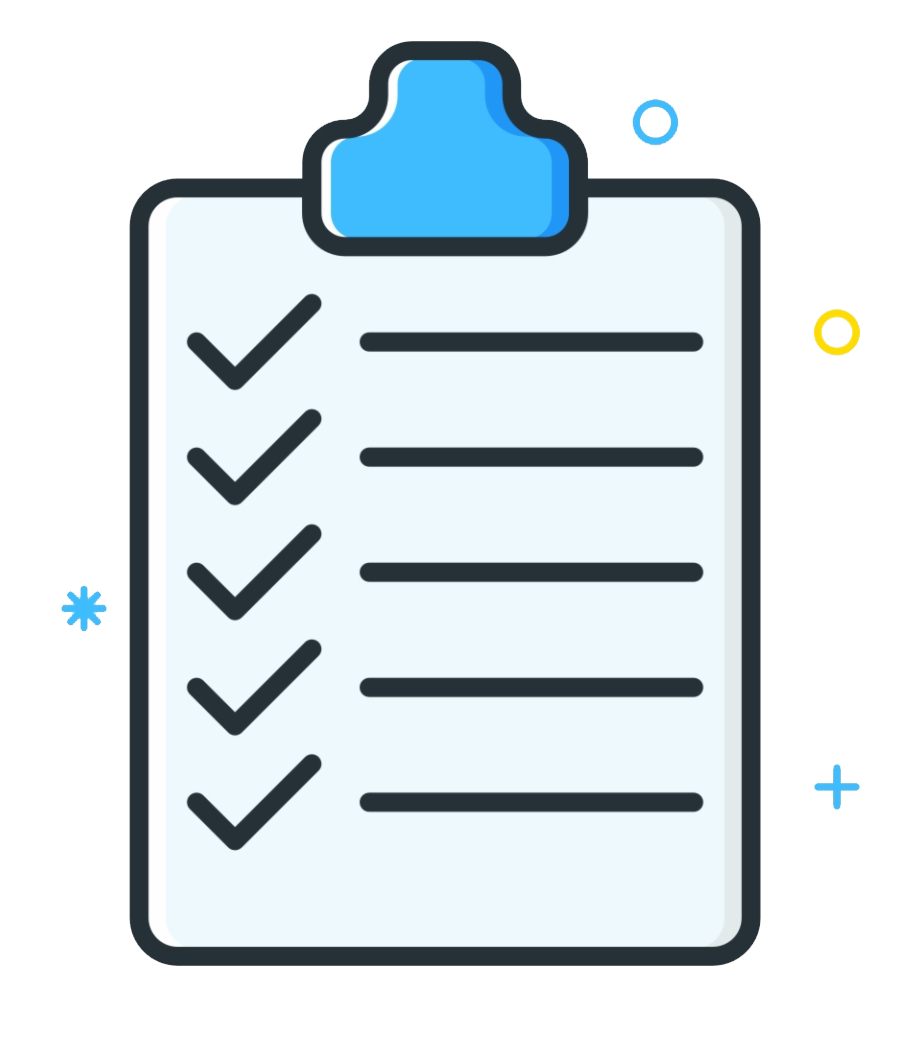
What is goal setting? Providing tips on Goal Setting
Goal-setting is an idea or strategy used when budgeting. This strategy is a tool you use to motivate yourself to budget, as well as budget according to your plan. Goal-setting is when you set short and long-term goals that are achievable financially and also gauge your commitment and capability.
Some examples include, short-term goals like saving for a car or saving for a vacation,and long-term goals are something like a children's future education or retirement.
When trying to set goals to achieve financially, you should always consider your income and stability. A method commonly used is the one-third method which means setting aside one-third of your paycheck and using the rest for bills, but don't forget to factor in surprise expenses. Having a plan and goals set for motivation is always ideal but always expect the unexpected!
How are goal setting and budgeting related?
Goal setting is directly tied to budgeting because these goals should be your inspiration and motivation to keep on budgeting. These goals also help determine how much money you put aside each time you get a paycheck, and how much you are willing to spend in the present.
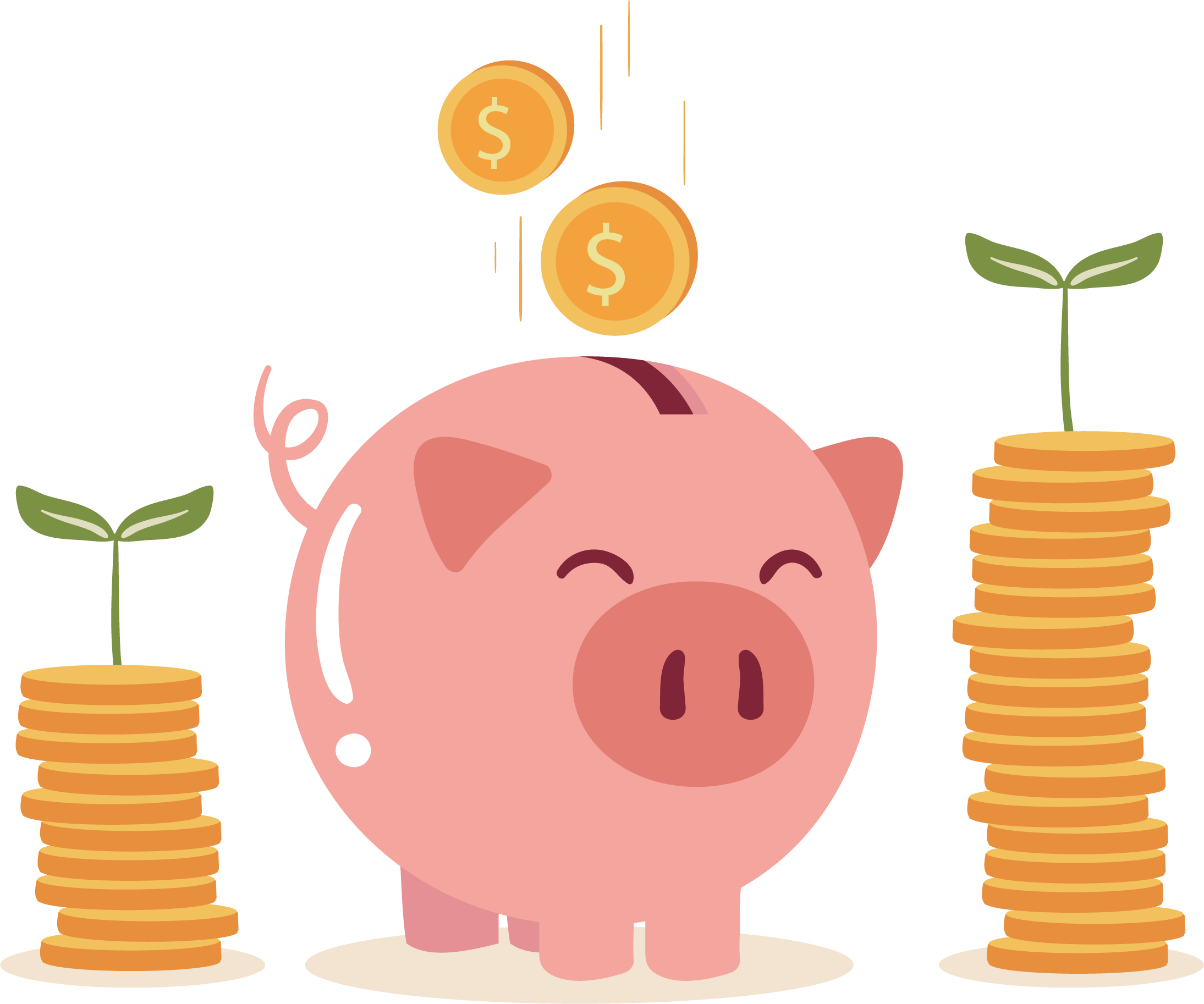
Why should I budget?
Young teenagers and young adults should budget to help their future selves out, as well as gain skills in managing their financial assets. It is a tool that is vital for you to monitor your spending, and helps you save money as well. It also helps you manage your expenses more easily and makes sure you can pay your expenses each month.
Tips for staying on a budget. (More than 10)
- Be realistic, and set your standards earnestly, it will help you stick to your budget.
- Differentiate needs and wants, it will help you narrow down expenses as well as the risk of shopping carefree.
- Low-ball Income, High-ball expenses, this helps ensure that you will be able to pay your expenses each month, as well as have a little wiggle room with wants.
- A miscellaneous category in your budget, helps ensure that any expenses you may have missed in your initial budget won't make you go over your set limit.
- Act as if saving is an 'expense', setting money aside into savings as if it is a bill helps you speed up short-term bills, as well as possible procure interest in savings accounts.
- Use goal setting technique in your budget, setting goals will keep you motivated to budget
- Keep bills and expenses organized, this makes budgeting each month easier, and helps you determine what you can do differently to possibly save money.
- Review your budget when needed, it will help you keep track of your finances, as well as doing a more detailed personal bank statement.
- Use cash for small expenses, it gives you a sense of joy and also helps you visualize spending money, keeping you mindful.
- A strong but forgiving mind is key, sometimes our desires get the best of us, but never lose the mentality of budgeting, forgive yourself about that small treat but don't give up over it.

How should I get back-on track for budgeting?
Getting back on track when you overspend can be hard for most individuals. Many often give up halfway budgeting and want to start anew the next time they set their budget. The key is to have a disciplined but kind mindset, and make an action plan to what exactly is making you overspend. Regroup and consider making a pros and cons list on an item you want, consider changing the way you budget and the system you use, as well as if you will remember better by typing or writing it out. You could also simplify your budget and start small to work your way up to a fully committed plan.
What do you need to open and manage a checking and/or savings account?
- Valid government-issued photo ID, a driver's license, state ID, or passport.
- Important "Stuff", a Social Security Number, a taxpayer ID number,a birth certificate, and a phone number
- An initial deposit, this varies from bank, as some don't require anything make sure to research the bank you are going to entrust your money with. Special Cases
- People under 18 need a co-owner, to sign a legal document with the bank
- If undocumented, you would need an ITIN, local and foreign address, and either 1-2 forms of photo ID or proof of residency.
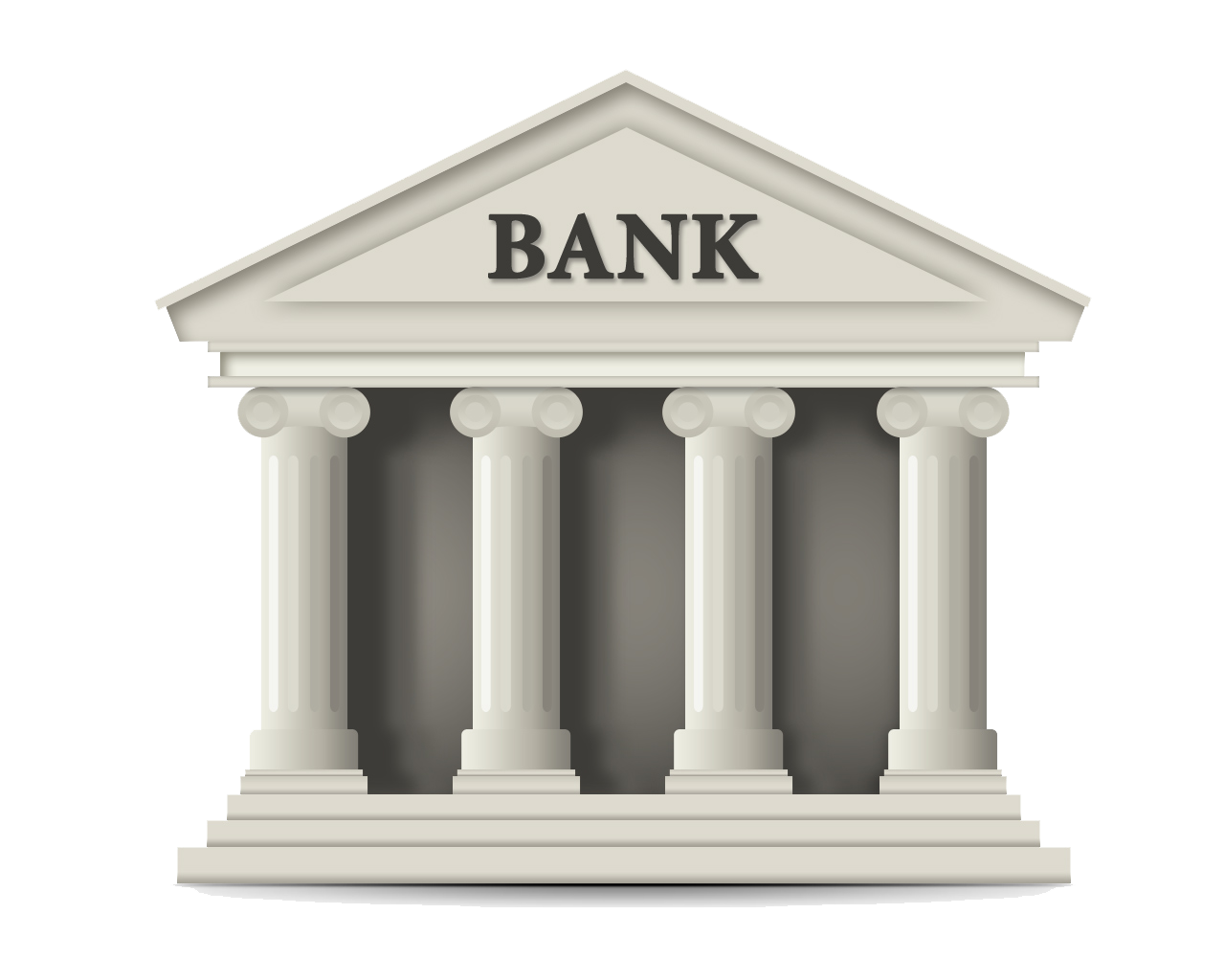
How does a checking account keep me on a budget?
A checking account is one of the many tools used when budgeting, and tracking your spending online can be incredibly helpful for the modern age. A checking account can also make it easier to budget when you need to and some online banking services offer apps that help with this. You can easily transfer money between saving and checking, as well as deposit or withdraw cash.
What are Certificates of Deposit (CD’s) and what are the pros and cons of them?
A CD is a savings account with a fixed time period and a usually higher interest rate than normal savings accounts. It allows you to store money into a locked account and once it matures you get money back.
Some pros to this are:
Protecting designated savings, and also you get a return without much risk. Because of the higher interest rate earned on this money, it gives you more money back than a standard savings account.
Some cons to this are:
You won't be able to access your CD until it matures, and usually, the withdrawal penalty is higher than the interest the bank owes you. You also can't touch the money in the CD, meaning you can't deposit more money after your initial deposit.
What is Investing? Guide to Investment.
What is the difference between saving and investing?
Saving refers to storing money safely, with little to no risk of losing the money, in order to use it in the future. Investing refers to the use of money in any asset in the hope of profit, however, it also includes the risk of losing more money than spent.

When should I start thinking about investing / investment?
It is recommended to begin investing as soon as possible, in other words, there is 'no age barrier'. However, first you must make sure you meet two crucial requirements. You should have paid off any debt. You should also first create an emergency fund in case of a loss of money from a failed investment. The emergency fund should have at least three months' worth of your income. Ideally, investments like stocks or bonds are bought when the person has a steady income, but you can also invest in other things like trading cards that might go up in terms of price later on. For starters, the basic ways of investing would be bonds and stocks.
How can I buy stock?
There are several ways a person can buy stocks:
Online Brokerage Account: A brokerage account is an investment account that can be used to buy or sell stocks, bonds, and mutual funds.
Direct Stock Purchase Plans: Direct Stock Purchase Plans are a way that investors can buy stocks directly from a company. This process does not require a broker's account but is usually only available to well-known companies.
Financial Advisor or Robo-advisor: You can hire a financial advisor or a robo-advisor to buy stocks if you do not have time to do any research.
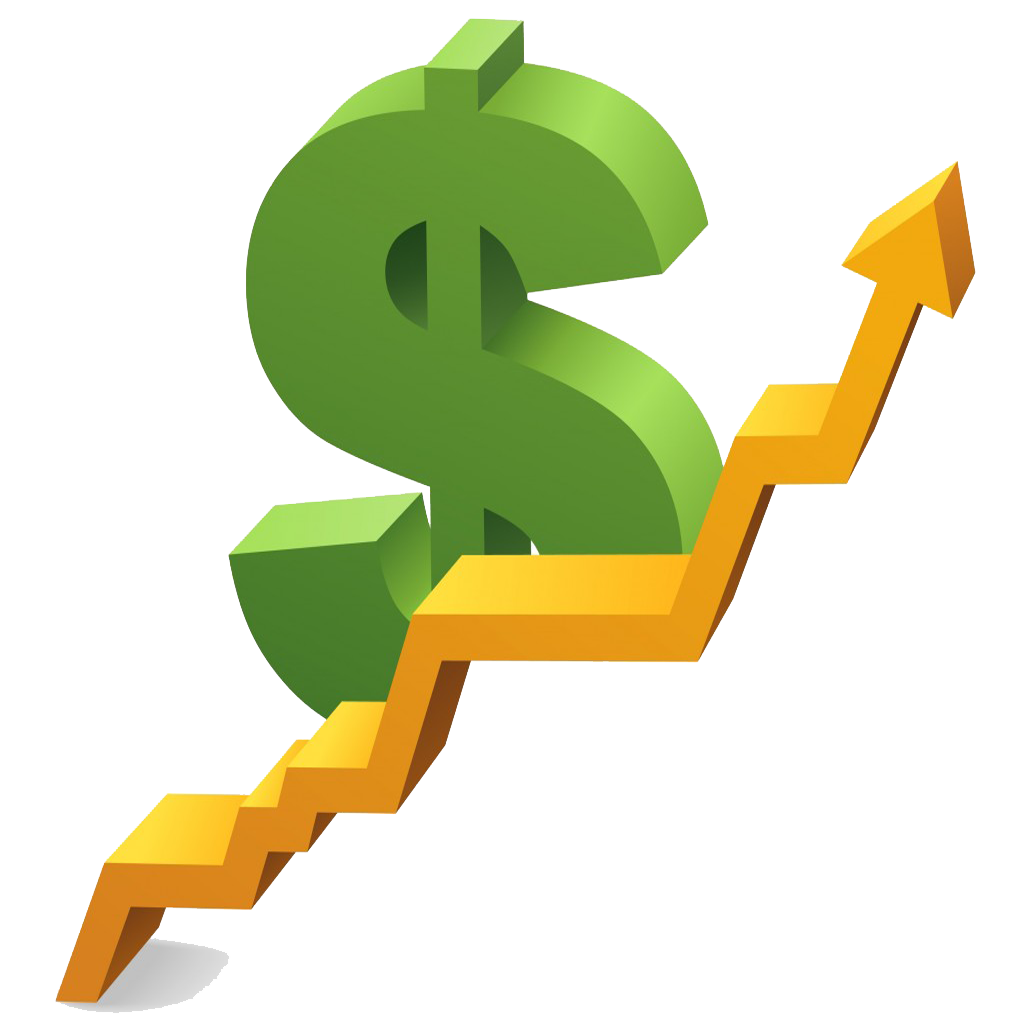
What are the benefits and drawbacks of stock?
Some benefits of buying stocks include:
Take advantage of a growing economy – Buying stocks from companies may come back and reimburse you.
Easy to buy – Thanks to online brokerage accounts, stocks are easy to find and buy.
Liquidity – You are able to sell your stocks at any time.
Some drawbacks of buying stocks include:
Risk – If the company you invest in does poorly, stock prices will plummet, and you may lose money.
Time – Deciding which stocks to buy is important and requires research, which may take time.
Taxes – If you sell your stocks, you must pay capital gains taxes.

What are the benefits and drawbacks of buying bonds?
Some benefits of buying bonds include:
Fixed returns: Unlike stocks, with bonds, you can accurately calculate growth and will not have to worry about losing money. It is often called the safest investment.
Inflation Hedge: A bond’s interest often reflects the current inflation rate, therefore there will be no loss of buying power from your savings.
Tax exemption: Some bonds are tax-free, for example, municipal bonds.
Some drawbacks of buying bonds include:
Lower return rates: Bonds do not generate enough money compared to stocks.
Larger Investment sum needed for Bonds: Bonds are not typically cheap, for example, some of the lowest bonds issued start at about 5 figures. Unlike stocks, which can be invested in starting as little as $1.
One-year lockup: In some bonds, your money cannot be returned the first year, so if you need your money back, you will have to wait.
Differences between stocks and bonds in terms of risk and reward.
Differences:
Stocks generate more money than bonds.
Bonds are usually more expensive than stocks.
Stocks have more risk of losing money.
Bonds might have a year lockup while stocks can be sold at any time.
Similarities:
Both are investments that can generate more money.
Both are not risk-free. Although stocks are riskier than bonds, bonds still have a risk of losing money.
Both can be bought from a brokerage account.
Pros and Cons of Mutual Funds.
Some Benefits of mutual funds include:
Not Expensive: Mutual funds can be bought for as little as $1.
Fractional Shares: Unlike stocks and bonds, you can buy a portion of a share instead of investing in the whole share.
Many Options: there is a vast number of mutual funds to choose from.
Some drawbacks of mutual funds include:
High Fees: Mutual funds often have a lot of fees for the services they provide.
No Capital Gain Control: Because some mutual funds are tax-inefficient, Investors have no control of capital gain, therefore you may get a higher tax bill.
No Real-time Trading: Mutual fund trading can only be done once a day and not at any moment like stocks.
What is compound interest?
Compound interest, unlike regular interest, includes the added accumulated interest from the previous period along with your initial amount. In other words, it is the interest you earn on interest.
Inflation on investments
Inflation can play a role in investments by eroding value. For example, if your investment has a set annual return, inflation will make the value of your payment less and less valuable each passing year. Inflation may also change interest rates, therefore changing your accumulated profit.

Investments ranked by risk and reward.
Investments ranked as follows:
Lowest Risk/Lowest Return: The safest investments are bonds. This is because of fixed returns and the fact that they are protected by Federal Deposit Insurance Corporation (FDIC) provisions.
Moderate Risk/ Moderate Return: Corporate bonds and blue-chip stocks have more risks, however, are still usually reliable. For example, because corporate bonds cannot raise taxes to meet obligations like government bonds, they become riskier.
Highest Risk/ Highest Return: the riskiest, yet highest possible return, comes from stocks. Although there is an opportunity to grow substantially, it is also unpredictable and can fall just as quickly.
The Basics of a Credit Card
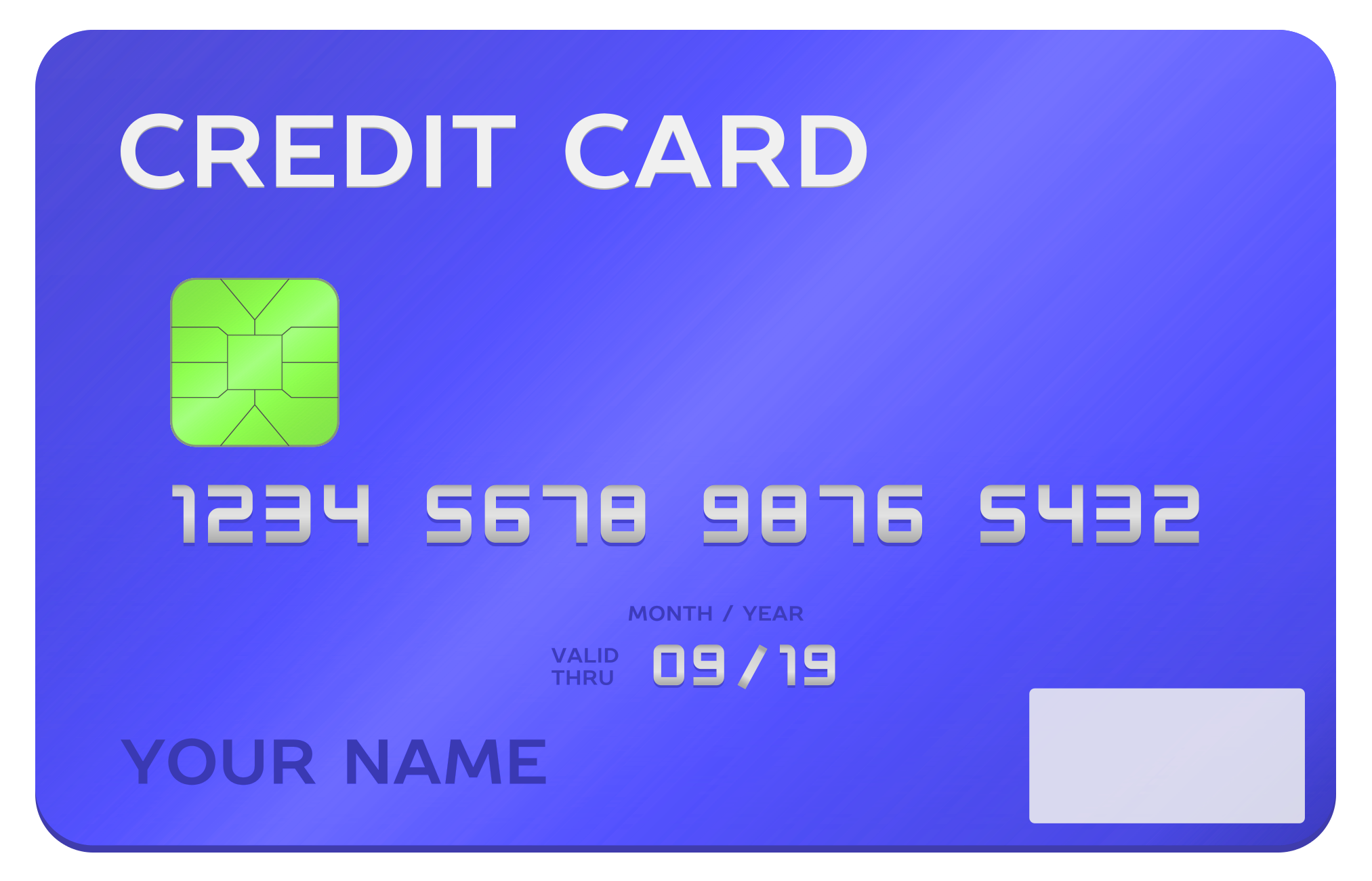
A credit card is a plastic card that is used to purchase goods and services with money that is loaned to you usually by the bank that issued you the credit card. With a credit card comes a thing called ‘credit score.’
What is a credit score?
A credit score is a score that measures how well you pay back the money you were loaned on time. The most commonly used system to determine this is the FICO system. These credit scores are typically measured in the ranges between 350-850. An excellent credit score is above 750+, a good credit score is 700-749, a fair or average credit score is 650-699, a poor credit score is 550-649, and a bad credit score is anywhere below 550.

How would I be able to keep a good credit score?
Firstly, a good credit score is typically in the 700s range. This socring range should easily give you the advantage of having an easier time getting loans from a bank and also getting deals at a lower interest rate. Maintaining a good credit score is good for your future, and helps you save more money. To keep this good credit score, you should use your credit card wisely. For example, using it to buy gas when you don’t have money to spare but also getting paid the next week and paying back your credit card bill. You should be conscious about how you use your credit card and should not be used as a substitute for payment plans or an IOU. Maintaining a long history of paying back your credit bills on time will keep your debt low and your credit score high.
What should I not do when I have a credit card?
When keeping a credit card your goal is to keep your score high. To avoid a low credit score, you need to know what exactly causes a low credit score. A low credit score is caused by too much debt by the credit card, not paying your bill on time, and also not paying your bills in full each month. This low credit score can affect your future, like making it harder to get a loan as well as owing more money in the future due to interest on your debt. Your mindset with a credit card should be, This is my money. I am using the money I have in the future but just in the present.

Interest rates on a credit card.
Credit cards each have different interest rates. The interest rate for a credit card is called APR, an annual percentage rate. Creditors use APR to determine your daily compound rate, as well as use your credit score and what type of credit card. There are grace periods where your balance does not occur daily interest, but some factors vary from each card like making a balance transfer or cash advance can cause you to start procuring interest. You also usually procure interest when the balance from last month goes into this month's bill, and as soon as more purchases are made it will start gaining daily interest.
Credit cards can also have other interest rates or have varying interest rates based on the service. Some cards have different rates on cash advances and balance transfers, and others have different policies on purchasing APR and balance transfer APR. While some companies may also have a steeper punishment and impose a higher interest rate on those who keep paying late. Remember to research your credit card, and credit card company and always understand your APR!
What is good debt?
Good debt is debt that comes from an investment or debt that will lead you to get your money back. For example, college would be considered good debt as you are essentially paying to enter a higher paying market, and a career will land you considerably more money than a minimum-wage worker.
What is bad debt?
Bad debt is debt that comes from material things like “wants” instead of “needs”, or things that basically don’t have a higher value later on in life. Too much debt can be hard for you to get a loan later in life, and it also lowers your credit score. An example would be a car, it is not advised to go into debt over a car as it loses value as soon as you drive it.
How do I manage credit card debt?
Something you can do to manage your debt is learn to budget around your credit card bill. You can also always hire a 3rd party negotiator who can negotiate a lower interest rate and also combine your bill credit card bills into one payment. Always have a plan of action when managing a credit card and be confident of your capabilities!
What are the cons of a credit card?
Temptation, it can be easy to overspend more since it is just a plastic card with no visual of actual using money.
Interest Charges, if you don’t pay off a purchase immediately you will procure interest on that purchase paying just a little more than you would have using your own money.
Fees and some interest rates can cost you more than what you earn back in membership perks.
Monthly scrutiny, you have to be smart and precise with your credit card, like always checking your bill or monitoring for fraud. It isn't just a card but something that is a valuable asset to your financial assets.
Some credit cards are marked with low-interest rates, but it ends up being temporary, and are surprised when the APR suddenly changes to a higher rate.
What are the pros to a credit card?
Convenience, meaning having a cashless card that almost all places take is better than having a stack of money on you that someone can steal. Most cards today also offer locked options meaning no one can use it if it's locked.
Recordkeeping, meaning your credit bill keeps track of purchases you made throughout the month, and this can help you budget accordingly and make a plan for next month.
Low-cost loans, for example something you need now but you have no money currently, so you make the purchase, but also pay it back when you obtain that money (like a paycheck).
Member perks, lots of credit cards offer cashback as well as member benefits like discounts at certain stores and membership points to use in their “store”. These stores usually have coupons, gift cards, and more. Some cards even give you money back each time you use it on a purchase.
A good credit history, a credit user with good credit will always have an easier time getting a low-interest rate loan and pay less money overall.
Purchase protection, a credit card offers you a chance to dispute a purchase or return a product and get your money back easily by just giving them a call.
There are many benefits to a credit card and that was just a short list, but the overall takeaway is that you have perks that cash or debit doesn’t, as well as saving money in the long run.
Sources
Budgeting
https://finlit.yale.edu/planning/budgeting-and-goal-setting#:~:text=Having%20a%20goal%20in%20mind,much%20you%20are%20bringing%20in. Accessed 7 Nov. 2023.
Budgeting For College | 10 Budgeting Tips For College Students | College Budgets,
www.cicmoney101.org/Articles/Paying-For-College-10-Budgeting-Tips.aspx. Accessed 7 Nov. 2023.
“How Goal-Setting Helps Plan Your Finances.” The Economic Times,
https://economictimes.indiatimes.com/tdmc/your-money/how-goal-setting-helps-plan-your-finances/articleshow/51893734.cms. Accessed 7 Nov. 2023.
“Managing Money Is Hard - 4 Reasons Why.” Money Tracker, 13 Nov. 2022,
www.moneytracker.com/4-reasons-managing-money-is-hard/.
“What Do You Need to Open a Bank Account?” NerdWallet,
www.nerdwallet.com/article/banking/how-to-open-a-bank-account-what-you-need. Accessed 7 Nov. 2023.
“What Is a CD (Certificate of Deposit)?” NerdWallet,
www.nerdwallet.com/article/banking/cd-certificate-of-deposit. Accessed 7 Nov. 2023.
Investing
www.thebalancemoney.com/stock-investing-for-the-individual-investor-3306182.
Hayes, Adam. “How to Buy and Sell Stocks for Your Account.” Investopedia, Investopedia,
www.investopedia.com/ask/answers/108.asp. Accessed 10 Nov. 2023.
Hayes, Adam. “Saving vs. Investing: Understanding the Key Differences.” Investopedia, Investopedia,
www.investopedia.com/articles/investing/022516/saving-vs-investing-understanding-key-differences.asp#:~:text=Key%20Takeaways%201%20Saving%20money%20means%20storing%20it,investing%20are%20key%20pieces%20to%20one%27s%20personal%20finances. Accessed 10 Nov. 2023.
Noel. “The Pros and Cons of Investing in Bonds.” The Financial Geek, 6 July 2022,
https://thefinancialgeek.com/blog/pros-cons-investing-bonds/#google_vignette.
Parastar. “Advantages and Disadvantages of Insurance (Detailed Guide).” InsuranceLiya.Com, 28 Mar. 2023,
www.insuranceliya.com/insurance/advantages-and-disadvantages-of-insurance.
Stoffel, Brian. “What’s the Best Age to Start Investing?” The Motley Fool, The Motley Fool, 22 Apr. 2018,
www.fool.com/investing/2018/04/22/whats-the-best-age-to-start-investing.aspx.
Credit
www.360financialliteracy.org/Topics/Credit-and-Debt/Credit-Cards-and-Reports/Credit-Cards-The-Pros-and-Cons. Accessed 12 Nov. 2023.
Irby, LaToya. “How to Manage Your Debt.” The Balance, The Balance, 25 Oct. 2021,
www.thebalancemoney.com/how-to-manage-your-debt-960856.
Smith, Lisa. “Debt Management Guide.” Investopedia, Investopedia,
www.investopedia.com/articles/pf/12/good-debt-bad-debt.asp. Accessed 25 Sept. 2023.
Team, The Investopedia. “What Is a Credit Score? Definition, Factors, and Ways to Raise It.” Investopedia, Investopedia,
www.investopedia.com/terms/c/credit_score.asp. Accessed 20 Sept. 2023.
